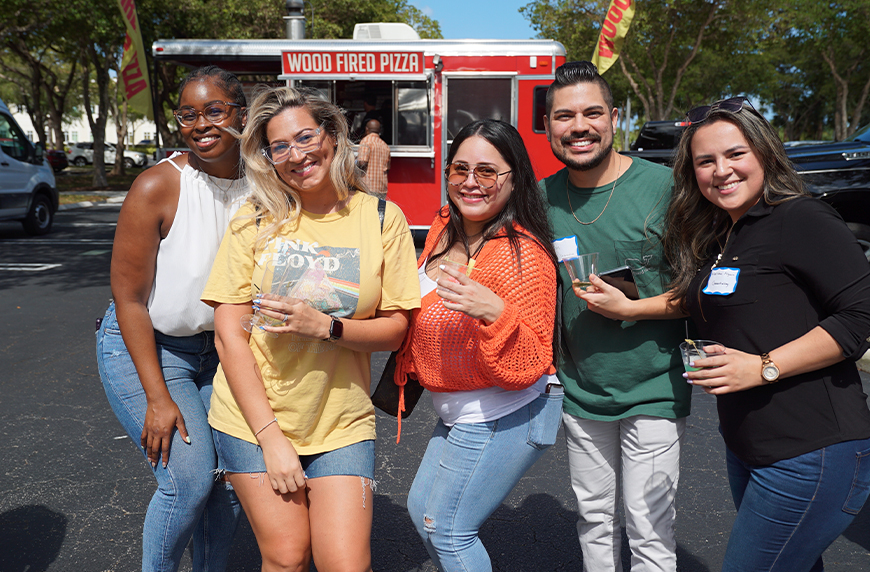
Millennials tend to get a bad rap. You hear a lot of things about them. They’re entitled. They’re not loyal to their employers. They spend too much time on social media, and they don’t know how to build in-person relationships.
We’ve been led to believe that this generation, which now makes up the largest percentage of the workforce, is completely different from any other before it. As a result, employers are scratching their heads, asking questions like, “How do we hire millennials? How do we keep them engaged? And how do we keep them from leaving?”
Today, millennials are the largest component of the U.S. workforce. Nearly 1,300 of them work here at CHG; they make up 55% of our team. And, frankly, we’ve found the “talk” about millennials to be more fiction than fact. Here are the realities we’ve experienced.
Millennials are just like everyone else. No, really.
The studies that have highlighted the contrasts between millennials and other generations have been far overshadowed by studies that discredit the disparities.
According to a recent survey by Gallup, to the extent that any gaps do exist, they amount to small differences that have always existed between younger and older workers throughout history and have little to do with the millennial generation per se.
We’ve found this to be true at our company. We regularly survey our people about what they like and dislike about the organization. For the most part, the same themes appear — regardless of age.
Everyone wants his or her work to have meaning
A study by Forbes found that 94% of millennials surveyed wanted to use their skills for good. Our own surveys show that millennials want to work for a company that cares about them, and they want to feel that their work matters.
We hear that same message from all of our employees — so frequently, in fact, that we decided to change some of our internal programs. Throughout the company, we now hold regular standup meetings, where employees can share how their work has had a positive impact on our clients or how our people have made a difference to each other.
We also offer company-paid volunteer time off so our people can do the things that are meaningful to them outside of work. Each employee receives up to 16 hours a year to give back to the community in whichever way he or she chooses.
RELATED: Overview of the benefits offered at CHG
Everyone wants to grow
One of the things I love about our people is their desire to learn, and our millennials are no exception. A study from the Harvard Business Review found that millennials crave regular feedback and mentoring. To meet this need, we’ve put together formal and informal mentorship programs and upped our emphasis on training and development.
We now offer onsite classes, ranging from emotional intelligence (EI) to servant leadership, plus a dozen or so more. We believe that career development should be driven by employees and guided by leaders. Our people determine their own development path, and their leaders work to support them in achieving their career goals.
RELATED: 8 reasons millennials love working at CHG
It’s about individuals, not demographics
It’s tempting to want to overhaul your company culture to meet the needs of a younger generation. But remember, just because a group of people fits into the same age group doesn’t mean they’re all the same. We’ve found that when you implement policies that champion the individual, the collective group benefits as well.
We’re lucky to work with great employees of all ages. Though there may be some differences in how individuals in different groups dress, which channels they use to communicate, or where they consume media, we’re all looking for similar things in a job. These include the chance to grow, the opportunity to make a difference, and the ability to be seen and heard as an individual. If your organization can provide those things, you’ll find that great talent from all generations will come, and will stick around